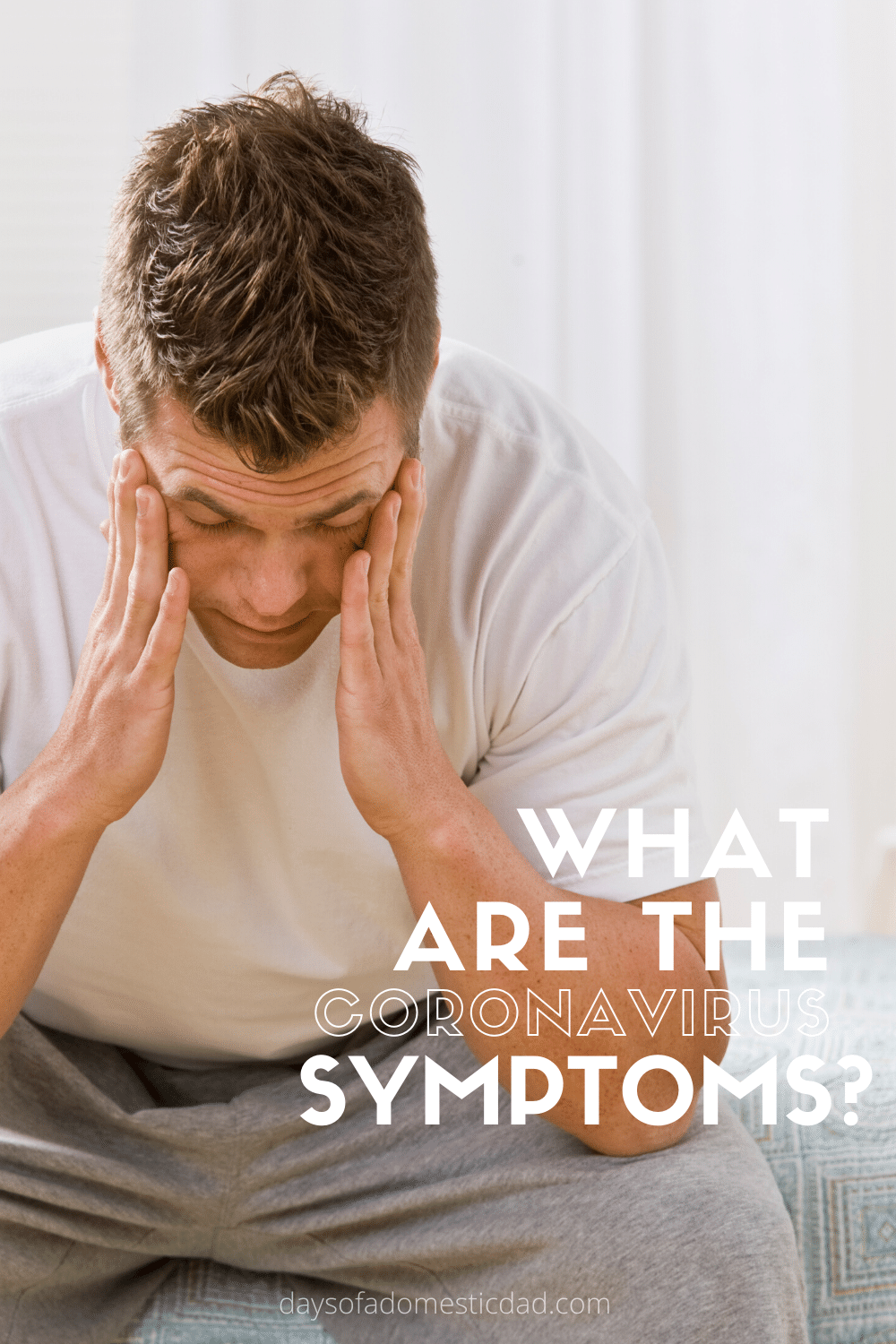The 2019 Coronavirus (2019-nCoV) is all over the news right now. As of January 27, 2019, there have been 5 confirmed cases of the virus in the U.S. The number continues to rise every day. There is currently no preventative coronavirus vaccine.

Coronavirus Symptoms
It is really important for parents to be aware of the coronavirus symptoms and precautions to take to keep your children safe and healthy this flu season.
What is the Coronavirus?
The 2019-nCoV is a viral infection that affects the respiratory tract. It was first identified in Wuhan, China. The initial outbreak has been linked to a large animal and seafood market place. It is believed that the virus spread from animals to people and now is spreading quickly from person to person.
The Centers for Disease Control (CDC) is closely monitoring the virus as it has infected more than 4,000 people in China.
The illness has also been identified in Thailand, South Korea, Japan, Taiwan, Australia, and the U.S. It is likely being transmitted via travelers from and to China.
Coronavirus Symptoms You Should be Aware of
There are 4 common coronaviruses that usually cause mild to moderate upper-respiratory tract illnesses. These illnesses usually only last for 1 to 2 weeks. Symptoms may include:
- fever
- sore throat
- runny nose
- cough
- headache
- body aches
- fatigue
Human coronaviruses can sometimes also cause lower-respiratory tract illnesses. These include bronchitis and pneumonia. This is more commonly seen in people with cardiopulmonary disease, people with weakened immune systems, infants, and the elderly. Pneumonia can be deadly.
There have already been more than 100 reported deaths from complications of 2019-nCoV.

Keeping Your Kids Safe from Coronavirus Symptoms
It is recommended that you restrict any travel plans to certain foreign countries until the virus can be contained. Or as soon an effective coronavirus vaccine for this strain of flu becomes available.
If your children exhibit any coronavirus symptoms of the flu, keep them home from school and daycare, and see your doctor to rule out 2019-nCoV.
